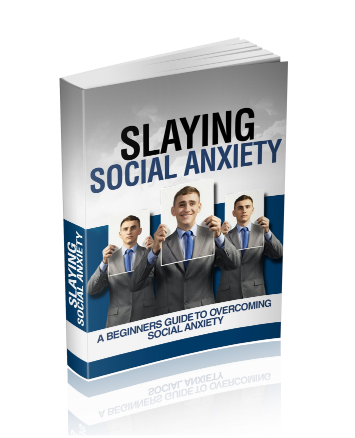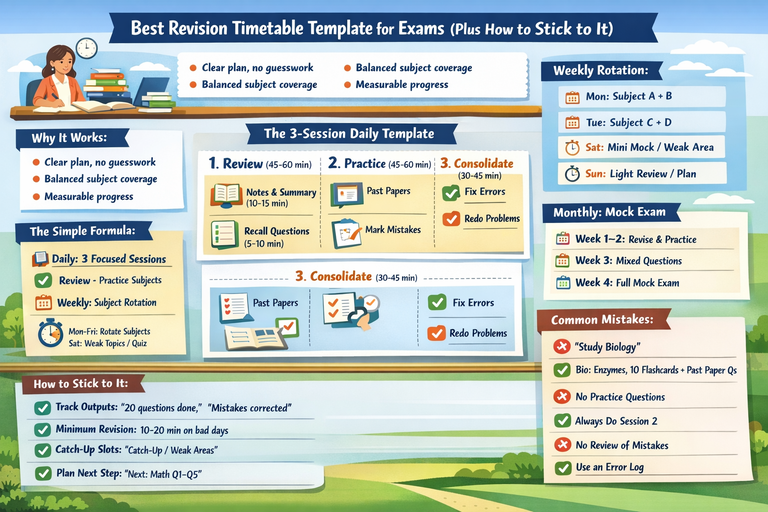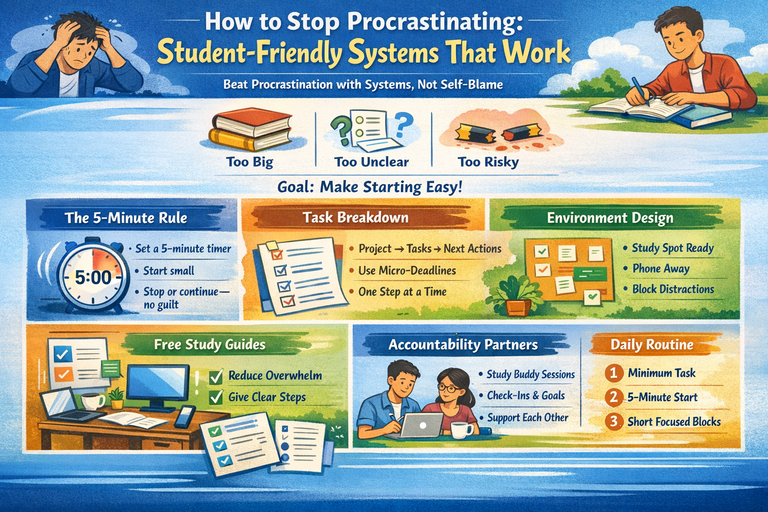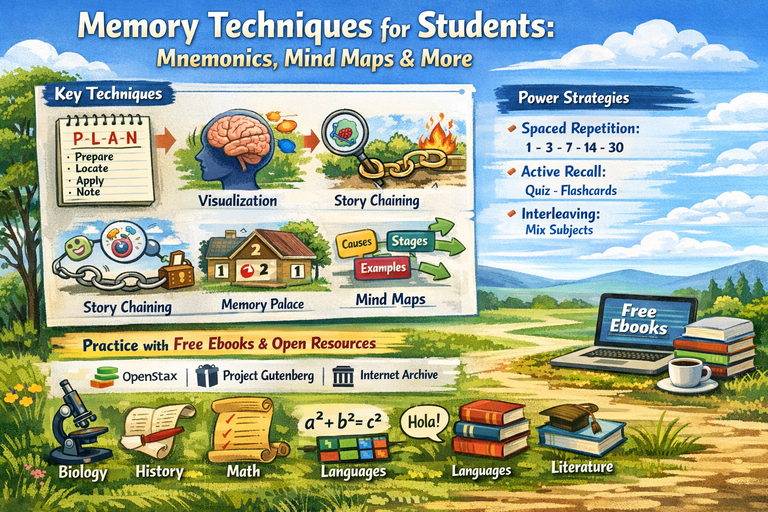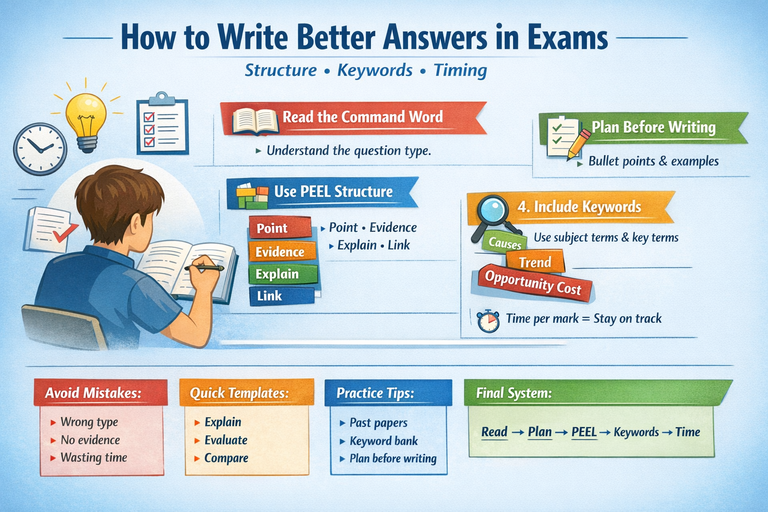Top 10 Books on Resume Writing Every Job Seeker Should Read
In a world where competition for jobs is fierce and recruiters spend mere seconds scanning each application, a well-written resume isn't just important—it's essential. Your resume is your personal marketing document, the first impression you make in a sea of other applicants. But what makes a resume truly stand out? How do you balance professionalism with personality, and keywords with storytelling?
That’s where resume writing books come in.
At Junkybooks, we've explored a range of powerful employment books that offer strategies, templates, and insider tips to help job seekers build resumes that land interviews. Whether you’re a recent graduate, a mid-career professional, or an executive in transition, there’s a book out there to guide you.
Here are the top 10 books on resume writing every job seeker should read. These aren’t just manuals—they’re career-boosting tools written by seasoned recruiters, HR experts, and career coaches who know what hiring managers are really looking for.
1. “What Color Is Your Parachute?” by Richard N. Bolles
This classic job-hunting guide has sold millions of copies for good reason. While it covers more than just resume writing, its practical advice on tailoring your resume to match the needs of employers is invaluable.
Bolles emphasizes self-assessment, goal setting, and alignment—making sure your resume reflects your purpose. His step-by-step process helps job seekers go beyond listing duties and instead showcase achievements. It’s a timeless book that’s especially helpful for those unsure of what direction to take.
2. “Resumes That Stand Out!” by Lynda Spiegel
Lynda Spiegel, a former HR executive, knows exactly what employers want to see. Her book is a modern guide focused on creating resumes that pass Applicant Tracking Systems (ATS) while still being visually appealing and informative.
Spiegel teaches readers how to quantify accomplishments, use action verbs, and write compelling summaries. She also emphasizes aligning your resume with your LinkedIn profile—a must in today’s digital-first job market.
This book is particularly useful for professionals who want a resume that highlights leadership and career growth.
3. “The Resume Writing Guide: A Step-by-Step Workbook for Creating a Winning Resume” by Lisa McGrimmon
If you prefer a workbook approach that walks you through the process, this is your go-to. McGrimmon provides clear instructions and exercises to help job seekers craft a personalized, effective resume from scratch.
The book covers everything from choosing the right format to writing bullet points that demonstrate value. It’s beginner-friendly but detailed enough to benefit even seasoned professionals who need to refresh their resume for a career pivot or promotion.
4. “Knock 'em Dead Resumes” by Martin Yate
Martin Yate is one of the most respected names in career coaching, and Knock 'em Dead Resumes is a must-read. This book offers a deep dive into creating resumes that not only showcase your experience but also anticipate employer needs.
Yate provides dozens of templates and examples across different industries and roles. What sets this book apart is its focus on job search strategy—it’s not just about the resume, but how you use it to get interviews.
It’s perfect for those seeking a competitive edge in their job search.
5. “Modernize Your Resume: Get Noticed… Get Hired” by Wendy Enelow & Louise Kursmark
This book is ideal for professionals who want a sleek, modern, and polished resume. Enelow and Kursmark are certified resume writers with decades of experience, and they bring that expertise to this practical guide.
From visual layout tips to choosing the right words, Modernize Your Resume helps you create a document that’s both beautiful and effective. The book includes real-life examples from various industries, making it easy to adapt for your own use.
For job seekers who want to make a strong first impression, this is a must-read.
6. “Recruited: A Step-by-Step Guide to Resume Writing That Gets Interviews” by Adriana Llames
Adriana Llames takes a straightforward, no-fluff approach in Recruited. A former recruiter herself, she offers an insider’s perspective on what resumes actually get callbacks—and which ones get tossed.
The book guides you through writing a resume that reflects your career goals, showcases your accomplishments, and positions you as the best fit for the role. Llames also dives into how to tailor resumes for different industries, which is invaluable in a world where one-size-fits-all simply doesn’t work.
7. “The Damn Good Resume Guide” by Yana Parker
True to its name, The Damn Good Resume Guide is a simple, user-friendly resource for job seekers of all experience levels. Yana Parker’s advice is practical, accessible, and time-tested.
She breaks down resume writing into manageable parts: contact info, objective, experience, education, and skills. While it’s more traditional than some modern guides, the book is perfect for those who want to get the basics right without feeling overwhelmed.
This one’s especially great for recent graduates or career switchers who need a confidence boost.
8. “Cover Letter Magic & Resume Magic” by Wendy Enelow and Louise Kursmark
Technically two books, but often used together, these titles are the ultimate toolbox for job seekers. Resume Magic dives into the science behind writing powerful resumes, including using keywords, narrative strategies, and formatting tips. Cover Letter Magic complements it by helping you craft letters that actually get read.
Together, they offer a complete system that guides you from application to interview. These are professional-grade resources used by career coaches, making them great for those serious about their job hunt.
9. “The Complete Guide to Writing Effective Resumes” by Kimberly Sarmiento
Kimberly Sarmiento offers a holistic view of resume writing—addressing everything from gaps in employment to career transitions. What makes this book stand out is its focus on writing with clarity and intention.
Sarmiento includes samples, templates, and exercises that encourage reflection. By understanding your own career story, you can craft a resume that communicates value and growth.
This book is ideal for those who have a non-linear career path or are looking to re-enter the workforce.
10. “The Job-Hunter’s Survival Guide” by Richard N. Bolles
Yes, Bolles makes our list twice—and with good reason. While Parachute is a broader guide, The Job-Hunter’s Survival Guide zeroes in on creating resumes, cover letters, and interview strategies in a concise, digestible format.
This book is designed for those who need help right now. It’s short, actionable, and focused on results. Bolles’ philosophy remains timeless: it’s not about copying a resume template—it’s about communicating your unique value to the right audience.
Why These Books Matter
In a digital world filled with resume templates and AI tools, you might wonder why you still need a book. The answer is simple: books offer depth. They help you understand the “why” behind resume writing, not just the “how.” A great resume isn’t just a formatted document—it’s a carefully constructed message about who you are and what you bring to the table.
At Junkybooks, we believe these employment books go beyond generic advice. They teach you to think strategically, write intentionally, and present your career as a story worth reading.
Final Thoughts
A resume can open doors—but only if it’s done right. With the right guidance, you can craft a document that highlights your strengths, aligns with the job, and sets you apart from the competition.
Each of the books above offers something unique, whether you’re writing your first resume or polishing one for a senior executive role. They’ve been written by experts who understand the job market from both the applicant and employer perspective.
So before you hit "submit" on your next job application, take a few hours to invest in one of these resume writing books. Your future self—and your next employer—will thank you.
For more curated reading lists and career tips, keep exploring with Junkybooks—where great stories meet smart advice.


